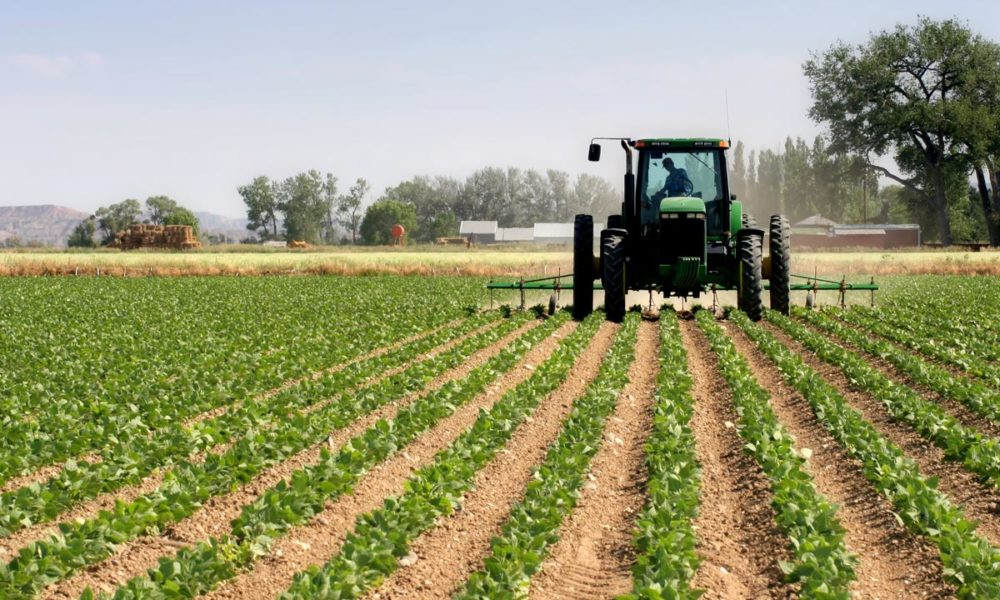Economy
Food Prices Increases as Floods Destroys Farmlands
Africa’s largest economy, Nigeria is experiencing an increase in food prices as recent flooding destroys and submerged thousands of cultivated farmlands.

Africa’s largest economy, Nigeria is experiencing an increase in food prices as recent flooding destroys and submerged thousands of cultivated farmlands.
Nigerian farmers have complained and lamented about the damages the floods had done to their farmlands, urging the federal government to take precautionary methods immediately else the country would experience a never seen before huge increase in food prices and an imminent food scarcity come 2023.
The President of the Federation of Agricultural Commodities Association of Nigeria (FACAN), Dr. Victor Iyama said the results of the flooding situation are about to pave way for a food crisis in Nigeria as the prices of many food items continue to increase.
Similarly, the Vice Chairman of the All Farmers Association of Nigeria (AFAN), Otunba Femi Oke stated that the impact of the flooding was going to be a major strain on food security.
He said that Nigerians should expect an increase in food prices as the extreme flooding has done major damage to rice crops, and also threatened the grain supply.
The floods have destroyed over 70,000 hectares of farmlands, including Nigeria’s largest farmland located in Nasarawa worth about $140 million, while thousands of hectares of rice farms were not left out of the devastation.
As it is, the rice harvest scheduled for November – December 2022 is now impossible while farmers can’t plant in the 2023 season due to the size of the waterlog.
According to the latest Nigerian grain and feed update from the United States Agriculture Department (USAD), Nigerian households have begun to witness a major increase in the average price of rice bags, with an increase of about 50% from N31, 000 for a 50kg bag of rice to N45, 000.
The update disclosed that September floods washed away thousands of hectares of rice farms at the maturing stage.
The recent flooding is the most devastating flood in a decade, with almost a thousand deaths, 1.3 million displaced from their homes, loss of crops and livelihood, and increased food prices inflation.
According to the United Nations Office for the Coordination of Humanitarian Affairs, Nigeria presently has the largest number of people affected by flooding among other 19 African countries.